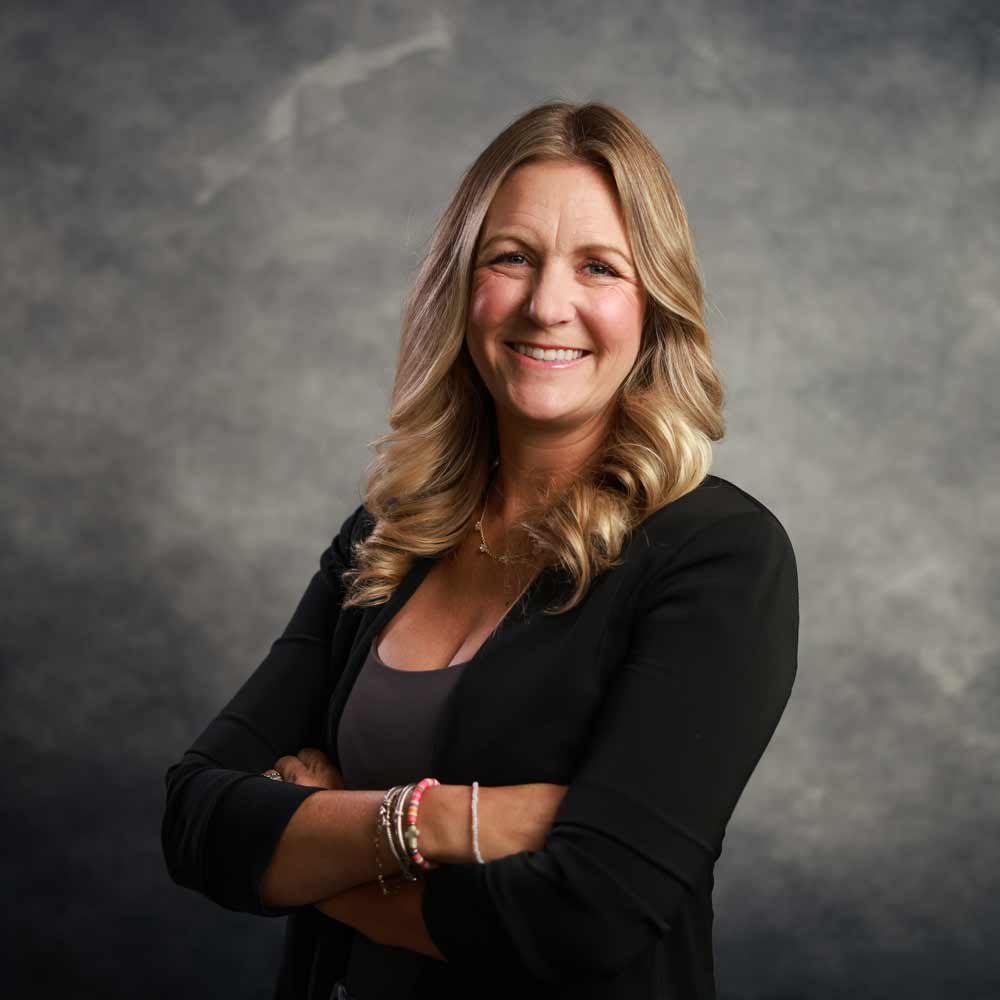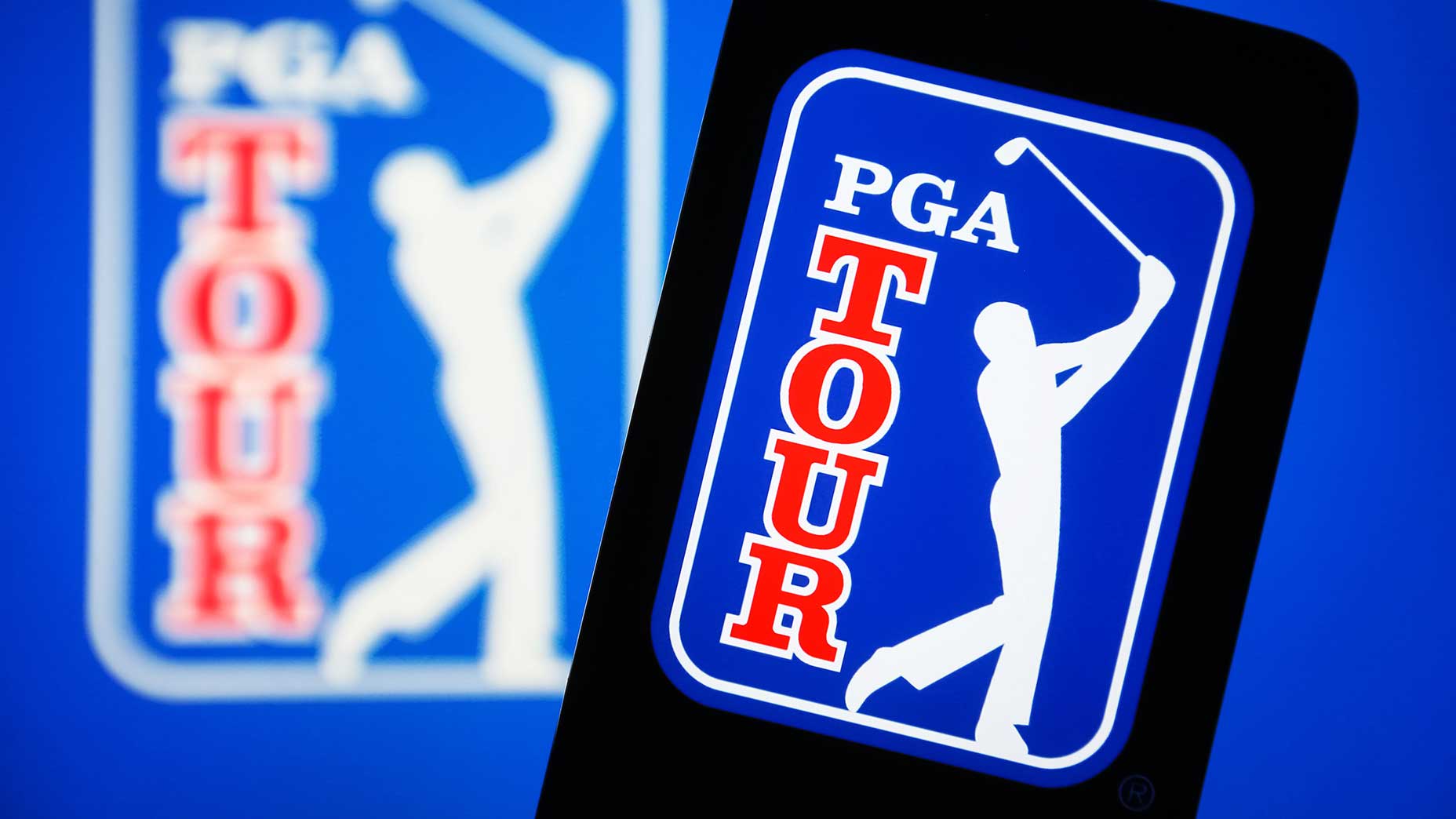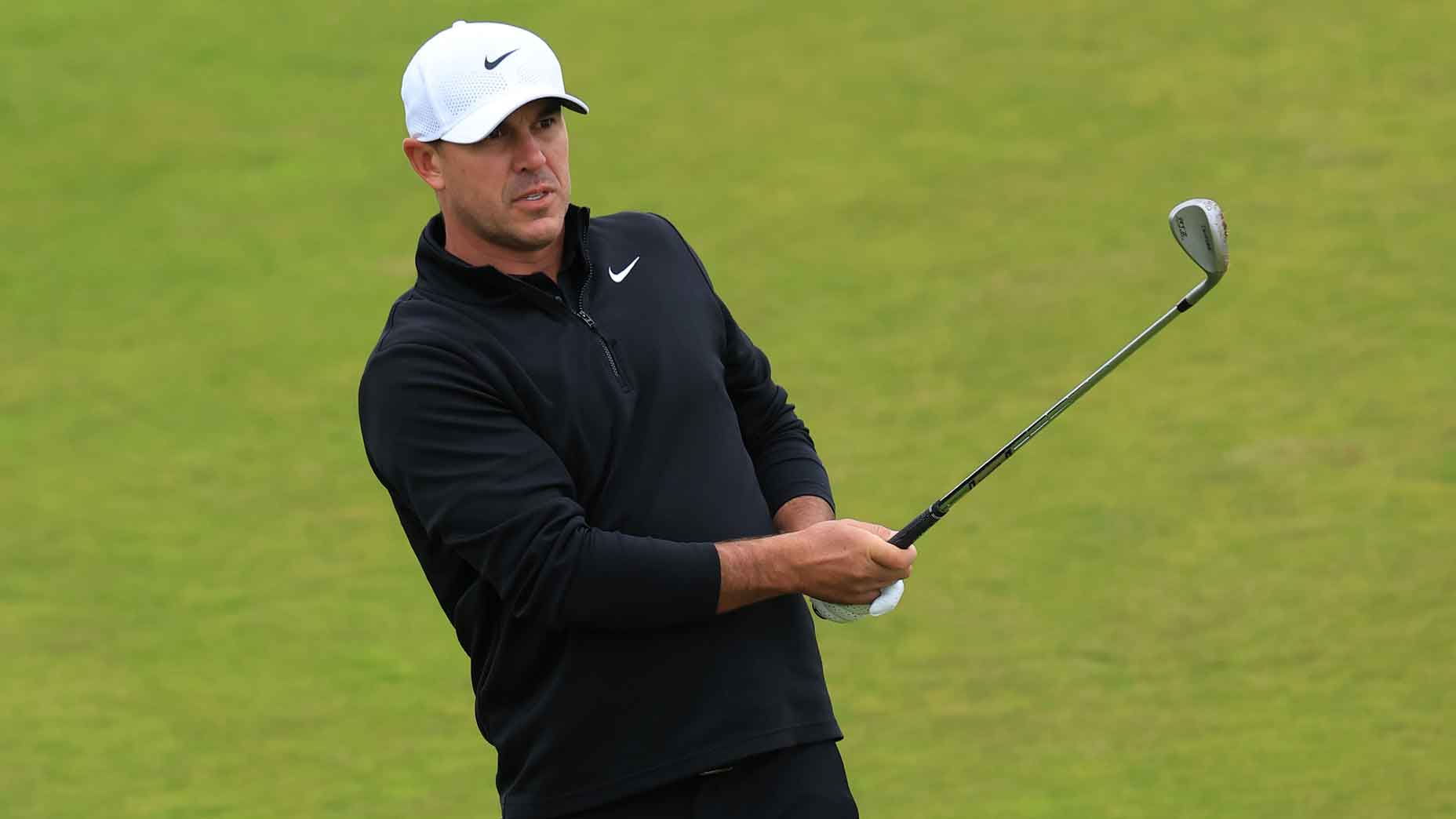In April of 1995, Tom Lehman was diagnosed with stage 1 colon cancer, he revealed in a press conference at the PGA Tour Champions Cologuard Classic in Tucscon, Ariz.
It was an otherwise routine week of preparation at the Masters in Augusta. Lehman had high hopes for his performance that year, but some aches and pains were bothering him. He took Advil, which he wasn’t accustomed to needing during a tournament week.
Early on Wednesday morning, he was alarmed by a “tremendous” amount of bleeding. A family member had a connection at the Mayo Clinic, and he was advised to make an appointment at home in Arizona.
With the appointment over two weeks away, he did the only thing he could do: He played. And played relatively well, considering his worry, finishing 40th at Augusta, and 24th the following week in Hilton Head.
“My mind was kind of all over the place,” Lehman said. “I wasn’t very focused. I was expecting great things that Masters, but ended up finishing 40th. That was in some ways disappointing, but I actually kind of feel like that a good accomplishment just to make the cut.”
He had the test the week after Hilton Head. The result: Stage 1 colon cancer. Lehman was 36 years old.
Did it cross his mind that he might die?
“Yeah. Yeah. You don’t know. It’s the unknown. It was very unusual for a person that young [to be diagnosed]. For those few weeks where you didn’t know, those are the hard weeks.”
For Lehman, the news was good. After undergoing a procedure in late April, he was back on the course in May, and even won at Colonial shortly thereafter.
“When I won at Colonial, I did feel like I had been given a big reprieve. I was very free. I didn’t carry any anxieties at all. I could have hit it behind a tree. No big deal. In the water? No big deal. Holed a 5-iron? No big deal. Everything was, I love you, I love life. Give me a hug!”
Lehman was lucky, but the statistics for survival with early detection are encouraging. Nine out of 10 patients survive when the cancer is detected in the early stages.
Dr. David Ahlquist is a consultant in Gastroenterology and Hepatology and a professor of medicine at the Mayo Clinic. He treated Lehman nearly 23 years ago, and the two men reunited this week at the Cologuard Classic.
“He’s been so gracious about telling his story publicly,” Ahlquist said.
Ahlquist is a co-inventor of the Cologuard technology, in partnership with Exact Sciences. Cologuard is a noninvasive colon cancer screening test that identifies altered DNA and/or blood in a stool. It must be prescribed by a doctor.
For Lehman, the new prevalence of early-detection technology is what ultimately encouraged him to share his story after nearly 23 years keeping it within the confines of his family and close friends.
“So much has changed since 1995,” Lehman said. “Technology is better, the science is better. There’s the ability to have this early detection now. So what I got really fortunate with, by accident, people can actually strategically and intentionally take those measures to find out on purpose. So you don’t have to resort to luck anymore.”
“I’m not the kind of person to think back and dwell on things,” he continued. “If I were to do that, I would realize, holy smokes, it could have been a lot different for me. If we would have waited until the average person develops symptoms and goes in and gets tested, it could have been stage 4 and too late. In retrospect, knowing the life that we’ve had and the gift I’ve been given, it makes sense to be more public about it.”






